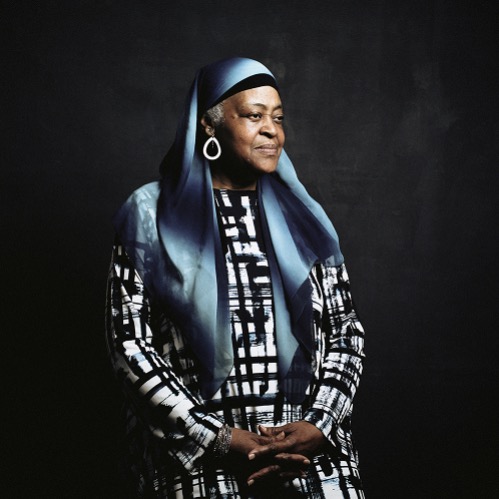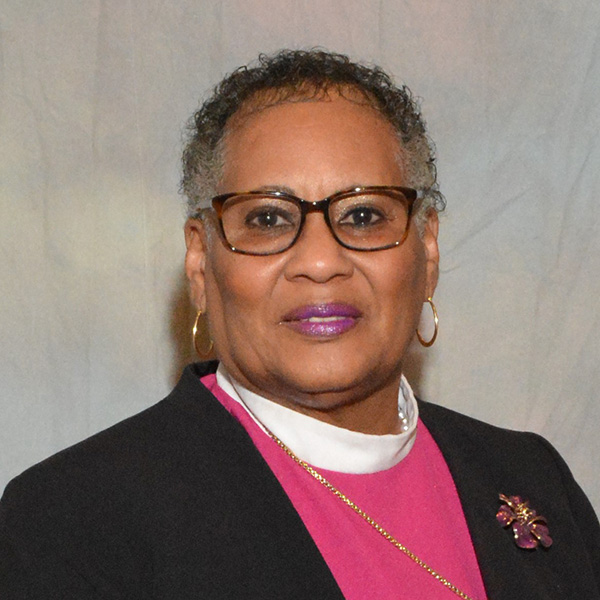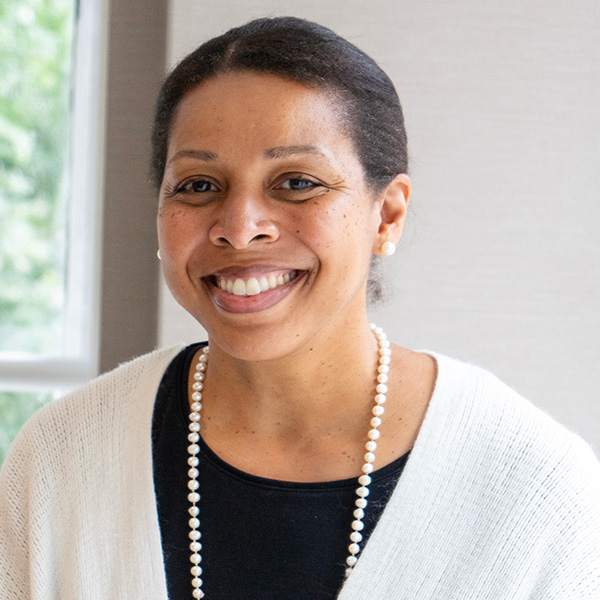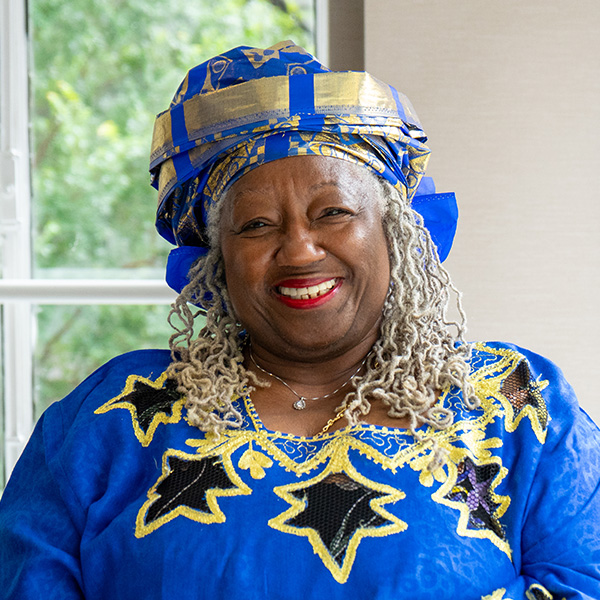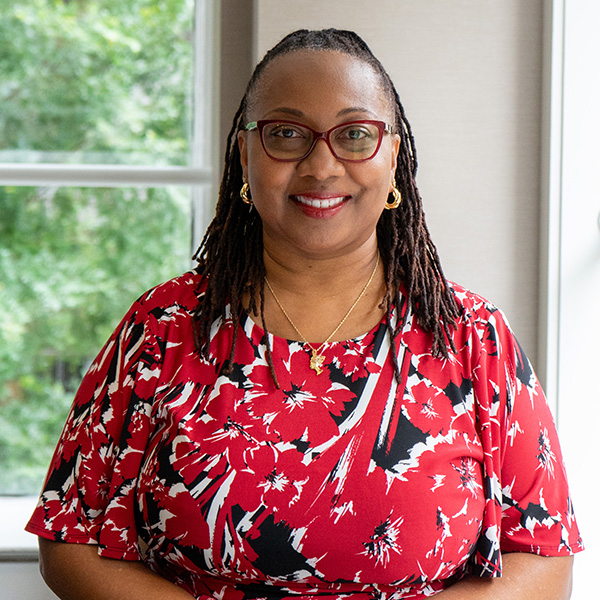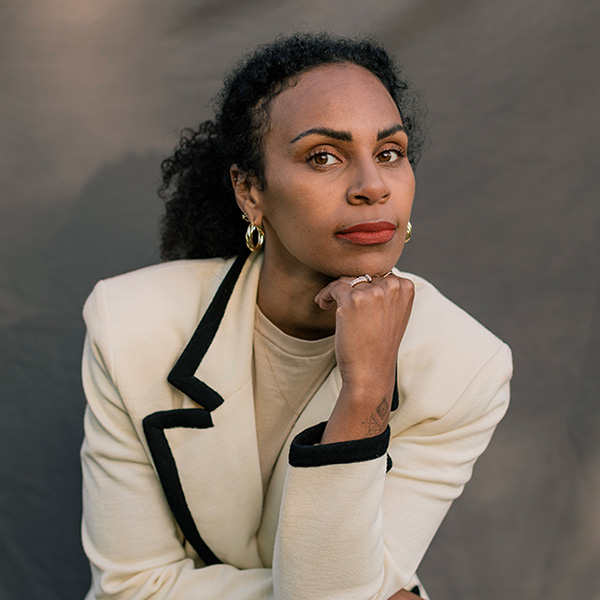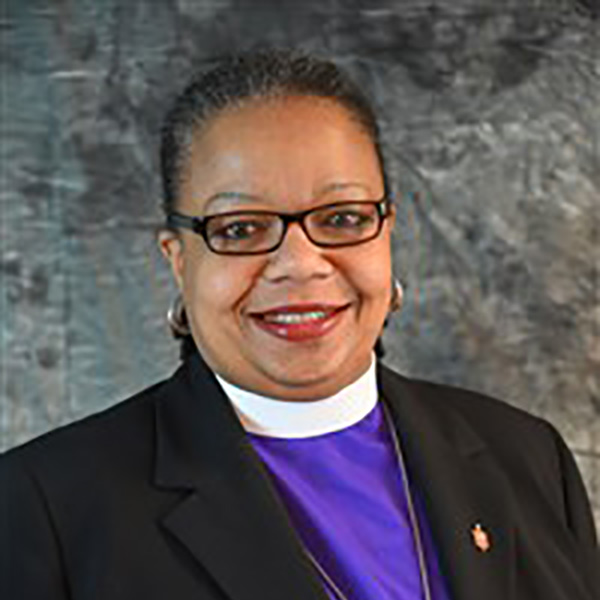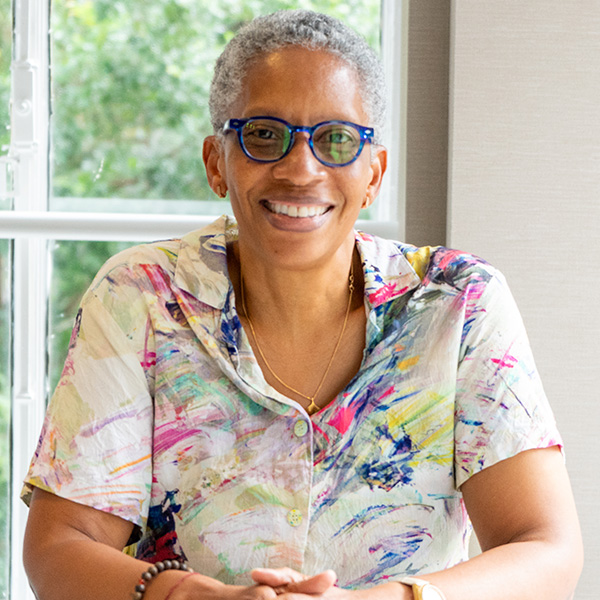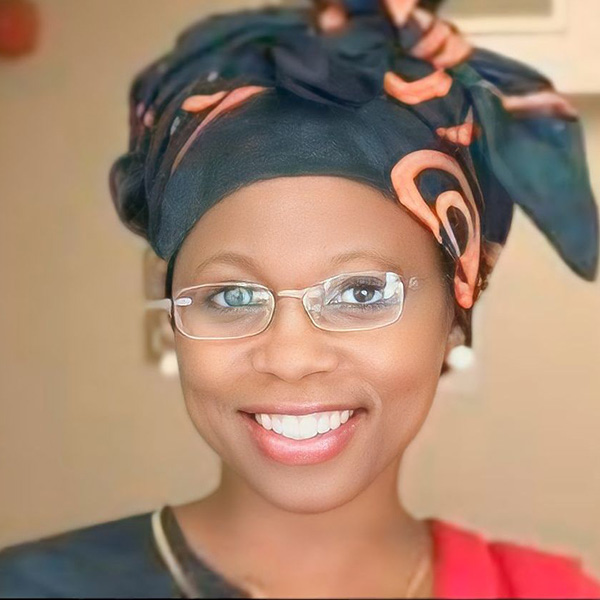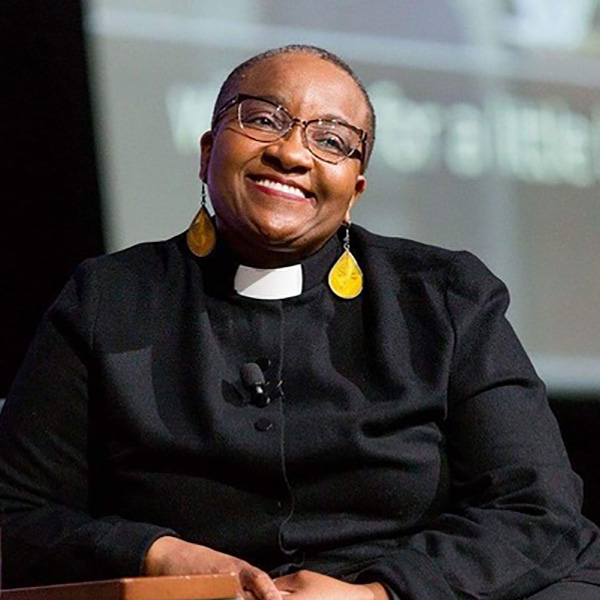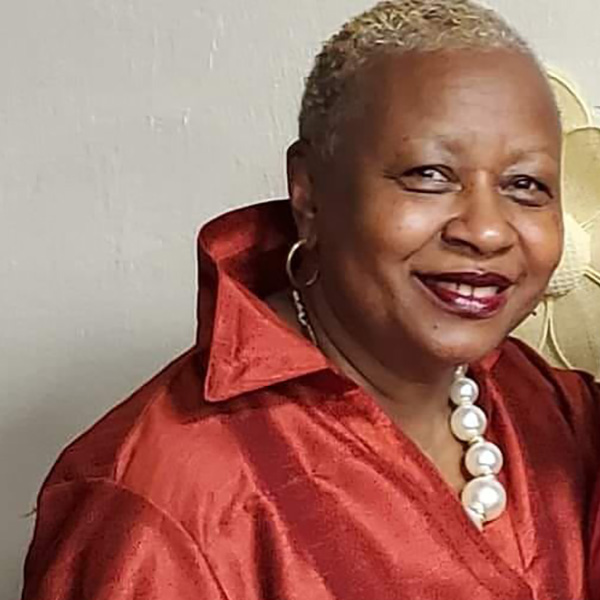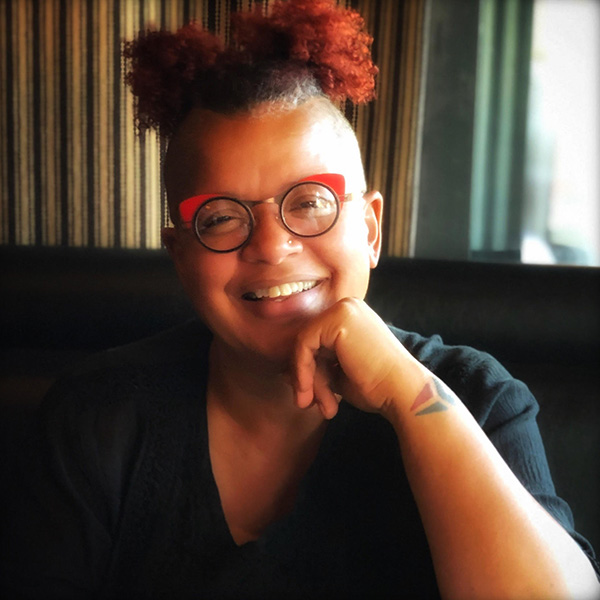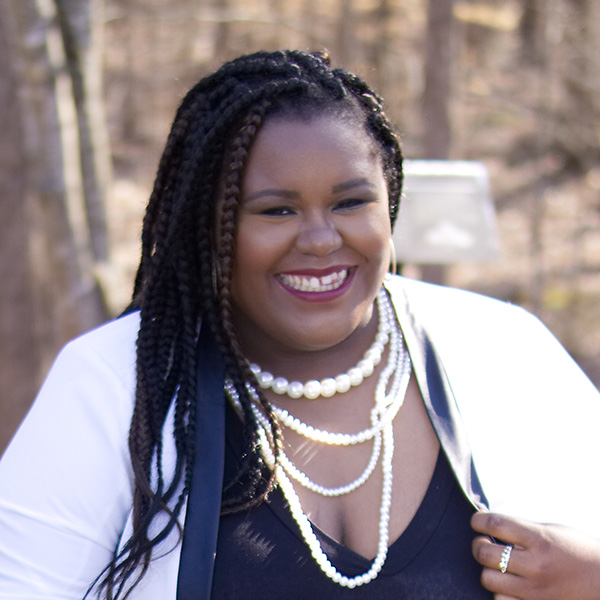Biography
Early Life
Amina Amatul Haqq was “Black and Proud” even before she became a Muslim.
Despite those who might say that religion and social justice should operate in separate spheres, Amina also known as “Umi” (Arabic for “Mother”) was an educator and activist who believed that her faith compelled her to work for her people.
Haqq was born Audrey Beatrice Weeks to Carmen and Aubrey Weeks on April 4th, 1950, in Harlem, NY. In 1961 young Audrey became one of the first Black students to integrate Louis Pasteur Jr. High in Little Neck, NY.
In 1964 she became a state member of the National Piano Playing Auditions, and pictures from the organization suggest that she was among only a few young Black members.
Audrey graduated from Jamaica High School in 1968. Then she attended Ohio State University and earned both a Bachelor’s and Master’s degrees in education in 1973.
Budding Racial Activism
Weeks was racially aware early on in life. In her high school senior picture, which noted that she was in the chorus, modern dance, and a teacher’s aide, she took it upon herself to also write in “Afro-American Club” and “Langston Hughes Club.”
She was very proud of her affiliations with Black-centered organizations. Weeks’ initial introduction to Islam came when at her mother’s encouragement she read The Autobiography of Malcolm X while she was a junior in high school.
During her college years, Weeks was active in student protests at Ohio State that helped establish a Black Studies department.
She advocated for political prisoners and participated in a dance troop that traveled to area prisons to perform and build relationships. They did this by getting to know the inmates in-person and through letters. Weeks also joined the Black Panther Party.
Converting to Islam
During this time, she became more knowledgeable about and attracted to Islam. She admits to feeling uncertainty with the requirements about keeping her head covered and refraining from sexual relations. She did not want to convert on a whim.
In recounting her conversion experience Haqq recalled, “I didn’t want to do it [convert to Islam] for a man. I didn’t want to do it as a fad. I was somebody that always had to be true to myself.”
She recognized that becoming a Muslim was a commitment to a new lifestyle, a new way of being in the world. Fully aware of the implications, Audrey Weeks took the name Amina Amatul Haqq when she converted to Islam in March 1975. Amina Amatul Haqq performed the hajj (pilgrimage to Mecca) in 2002.
Social Leadership
Haqq’s conversion to Islam did not diminish her activism or her sense of Black Pride; rather her faith spurred her on and provided new venues for it.
In 1977, she was a member of the Muslim Educational Action and Resource Committee (M.E.A.R.C.). The organization was comparable to the Women’s Club movement of the late 19th and early 20th centuries in that it involved social and political reform, as well as empowering Muslim women in their homes. She spoke at the Dawah (an “invitation” or “call” in Arabic), lunches, and dinners put on by the organization.
In the 1980s, Haqq began teaching in the public school at PS 320 in Brooklyn, NY. She was a member of the tenant’s association in the Brooklyn apartments where she lived and was a resource for those experiencing homelessness.
In 2005, Haqq helped found the Northeast Muslim Woman’s Alliance (NEMWA), an organization “Promoting Global Unity Under the Faithful Guidance of Al-Islam,” and she later served as outreach chair.
Haqq defied common perceptions of Black Muslim women as silent and passive. Ever a woman of action, she worked to make life better for her Black community through educational and social organizing.
On September 16th, 2008, the Queens Borough President declared “Amina Haqq Day” in Queens, NY in honor of her “dedication to promoting women’s rights, social justice, and racial harmony.”
In a multimedia research project entitled “Umi’s Archive” curated by her daughter Dr. Su’ad Abdul Khabeer, Haqq’s unwavering belief in the power and potential of Black people is highlighted.
As a Black American, as a Black woman, and especially as a Black Muslim woman, Amina Amatul Haqq aka “Umi” was always invested in working for justice and equity for her community.
